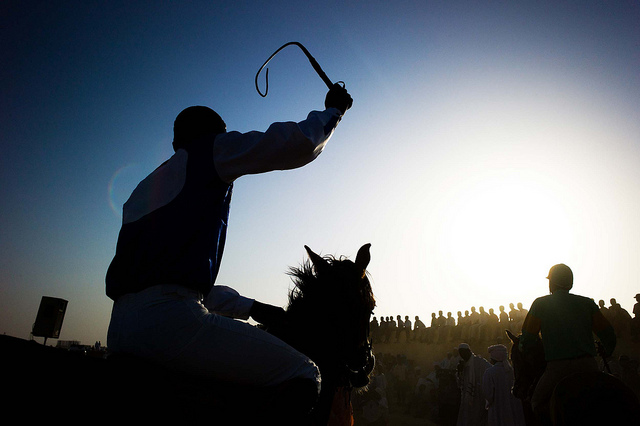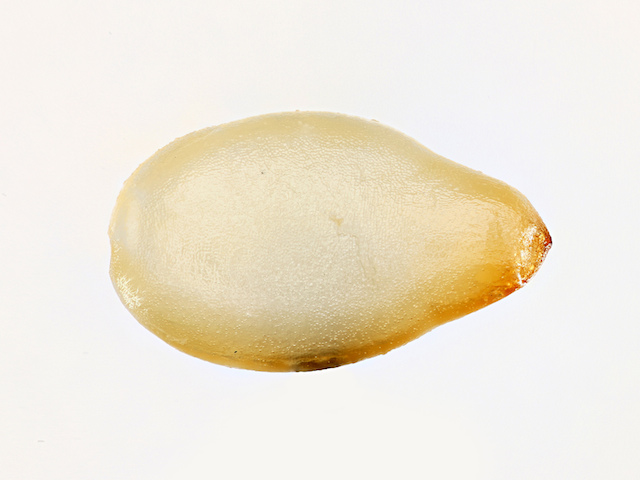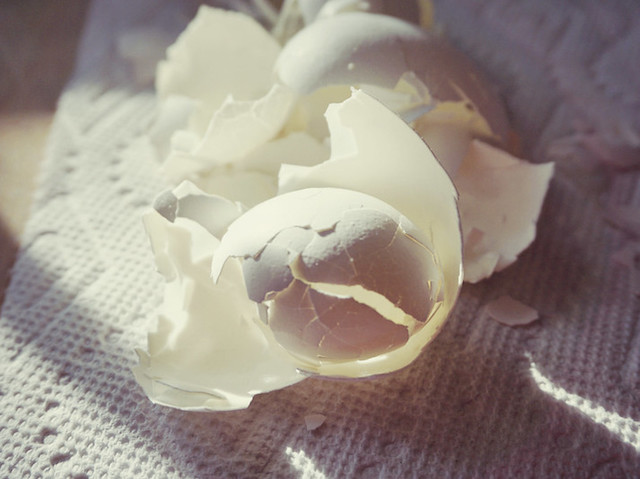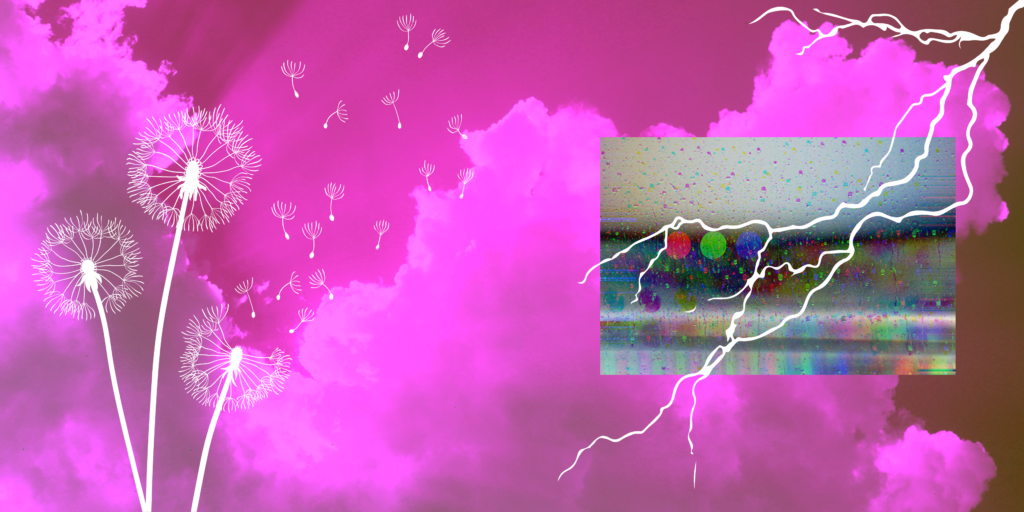The stallion: one win short / of the triple crown. My intonation: / one stress too many for an apology— / all the times I got it wrong. Minoru, / Minoru—both are gone.

July 24, 2018
Minoru
The horse in my mind
is not the horse in the park,
his canter bronzed beneath maples
and a plaque blazoned Minoru—
Minoru, says my mother,
de-emphasizing the expected syllable
as if the word were Japanese. Home for winter:
pines and cedars merge in the car’s convergence
of distance and speed. They bow to each other’s shadows. I want
to run further
than I can see.
Minoru, churning clods
of earth as he rounds the track
at Doncaster. Minoru,
Thoroughbred, bred
to step lightly,
lightly stepping
through snow’s patina
along the steppes, where he rests,
time cindering his name.
But before the horse,
the master gardener from Kyushu
whose green thumbs
grew sore with expatriation,
razoring lawns across the cold hills
of Kildare, twisting hedgerows
into mazes, pruning moss as soft
as a stallion’s foam-flecked mane.
His talent behooved a horse to share his
youngest son’s name: Minoru. Of course
it’s Japanese. Of them, who was furthest from home: Father, mother,
mixed-race son?
The park and the track
flicker into frame, our breath
fogging the windshield’s washed-out glass,
faces folding time—that portrait
in which the gardener holds his eldest like a dove,
while Minoru sits alone
on his mother’s lap. Why the long face?
my mother asks. She drives the speed limit,
comes to a complete stop before every line. We pass
the track, the statue, mane ribbed mid-sway as if subject to the same
wind shivering
the branches.
Minoru, victorious, mimetic
in oils for Vanity Fair, painted
by Earl, by Havell. His glossy wake, a wave rippling
top hats and swallowtail coats, dark as storm-bruised water.
Minoru, thundering into the final heat
at Epsom. Minoru, snorting under King George’s
gouty hand. Minoru, of the Triple Crown, the Irish downs,
swallowed up by a crowd of supporters pulling hairs
from his mane and tail. For hair’s curlicue on canvas: feel the pressure
of the brush. Crop to stirrup.
Bridle to spur. Once,
I watched my mother
mourn her mother. She
used a name I can’t pronounce—
issei, nisei, Okaasan—liquid lilt
of a seashell’s hum, voices
hushed behind closed doors.
Though mostly raised in English,
in college she was forced into a beginners class.
She waited. She passed. When we pass the statue, she laughs.
Mom, how could the name be Japanese?
Statue, park, and ruddy track remade
from recycled tires,
where for years in elementary
I ran the hundred-metre dash
while she applauded from the stands.
As a girl, she rode
the neighbour’s worn-out
hot-blood after school. No saddle,
just a wool blanket folded in half. He would gallop
the same counter-clockwise loop along his paddock’s
muddy acre, habit’s burnished track.
She gripped his mane and never fell.
You know, I can’t remember
what he was called. Their lives dissolve
in mediums as amnesiac as water: Minoru’s father
returned to his island to die. The horse, foundered,
and nearly blind, was sold across the ocean
into a revolution’s smoldering measure—a motion
spent like crests collapsing against the coast.
In the kanji that she can barely read, one shoulder is turned
as if to recall receding miles. Uma, meaning horse, or I’m sorry, Ma.
Her maiden name:
a copse of trees.
They shiver when I turn
the page. From ten thousand feet,
the ochre track is a serpent
circling the unknown at the edges
of a Renaissance map. I wave,
and again I am alone. The window’s scratched
acrylic, a dead stallion’s eye. Each sentence I try
is built from words like the wood in Theseus’s ship. The boy,
now lost to a century’s blueblack ebb like snow into the sea—
Don’t be such a precious snowflake,
my mother says.
The stallion: one win short
of the triple crown. My intonation:
one stress too many for an apology—
all the times I got it wrong. Minoru,
Minoru—both are gone.
Their twinned weight sinking back
through the past like the rings
passed hand to hand in the chapel beside the park,
the track, the statue, where years ago
my mother said the word
and took my father’s name.



